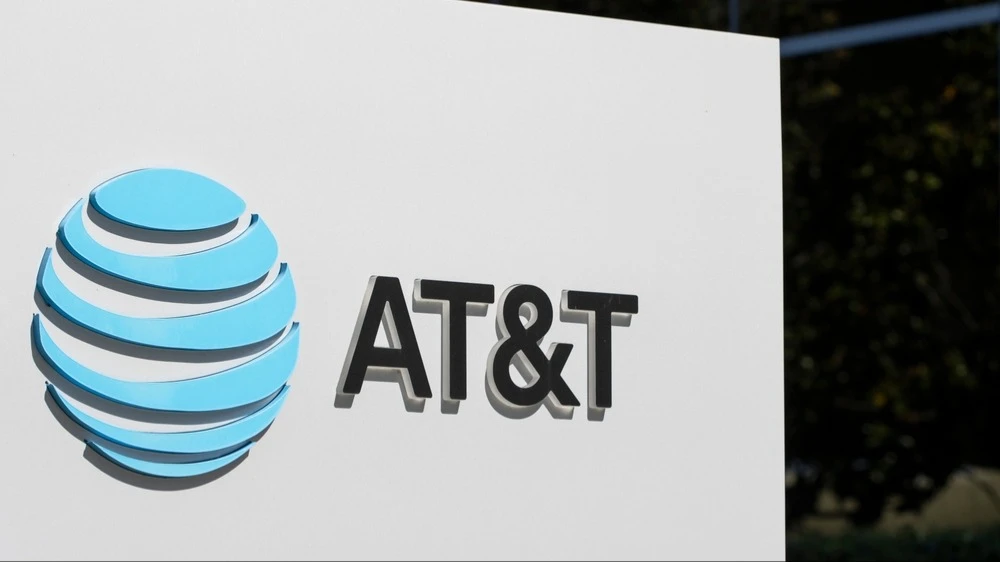Shares of telecom giants fall amid SpaceX deal to buy frequencies from EchoStar

Quotes of U.S. telecommunications companies collapsed in trading on September 8 by 2-4%. The occasion was the news that Elon Musk's SpaceX will buy licenses to use the company's radio frequency spectrum for about $17 billion from the satellite company EchoStar.
Details
- Shares of telecommunications company Verizon in the course of trading on September 8, collapsed by more than 3%, to the minimum for a month. By the close of trading securities reduced the fall to 2.4%.
- Quotes of wireless operator T-Mobile in the course of trading sagged even more strongly - by 6%, also updating the minimum for a month. At the close of trading the decline amounted to 3.9%.
- AT&T securities were falling at the moment by 4.5%. By the end of the day, they slowed down to 2.3%.
- Shares of AST SpaceMobile, a satellite company that competes with Elon Musk's Starlink, plummeted the most in the afternoon - by almost 14% to the lowest level since June. Then, however, they recovered most of the fall and closed the main session down 3.9%.
What happened
Sharp reaction of investors was provoked by the deal of Musk's company SpaceX. It agreed to purchase for $17 billion licenses for the use of radio frequency spectrum from the operator EchoStar. These frequencies SpaceX is going to use to launch the next generation Starlink Direct-To-Cell satellite system. At the same time, the companies will sign a long-term agreement: Boost Mobile subscribers (EchoStar brand) will be able to access the next-generation Starlink network.
The frequencies that carry wireless calls are a limited resource that every mobile company needs, Baron's explains. "Just as two radio stations in the same city cannot broadcast on the same frequency, companies such as AT&T, Verizon Communications and T-Mobile US need frequencies for their customers' calls and data," he points out.
Frequency prices are skyrocketing, and the SpaceX deal makes Boost Mobile a stronger competitor to the big three carriers, the publication notes.
In addition, T-Mobile also has an agreement with SpaceX to provide satellite services. But New Street Research analyst Blair Levin warned that he now wonders about its fate. "We believe that in the near term things will go as planned, but wonder if the long-term ambitions of the two companies will come into conflict," he wrote.
EchoStar shares soared 20% in trading on September 8. Under the terms of the agreement, it will receive half the amount for the frequencies in cash and half in shares of SpaceX, the world's most valuable aerospace company. The deal will help EchoStar rebuild its balance sheet - it should have more cash than debt after all transactions are completed, said New Street Research analyst Philip Burnett.
This article was AI-translated and verified by a human editor
